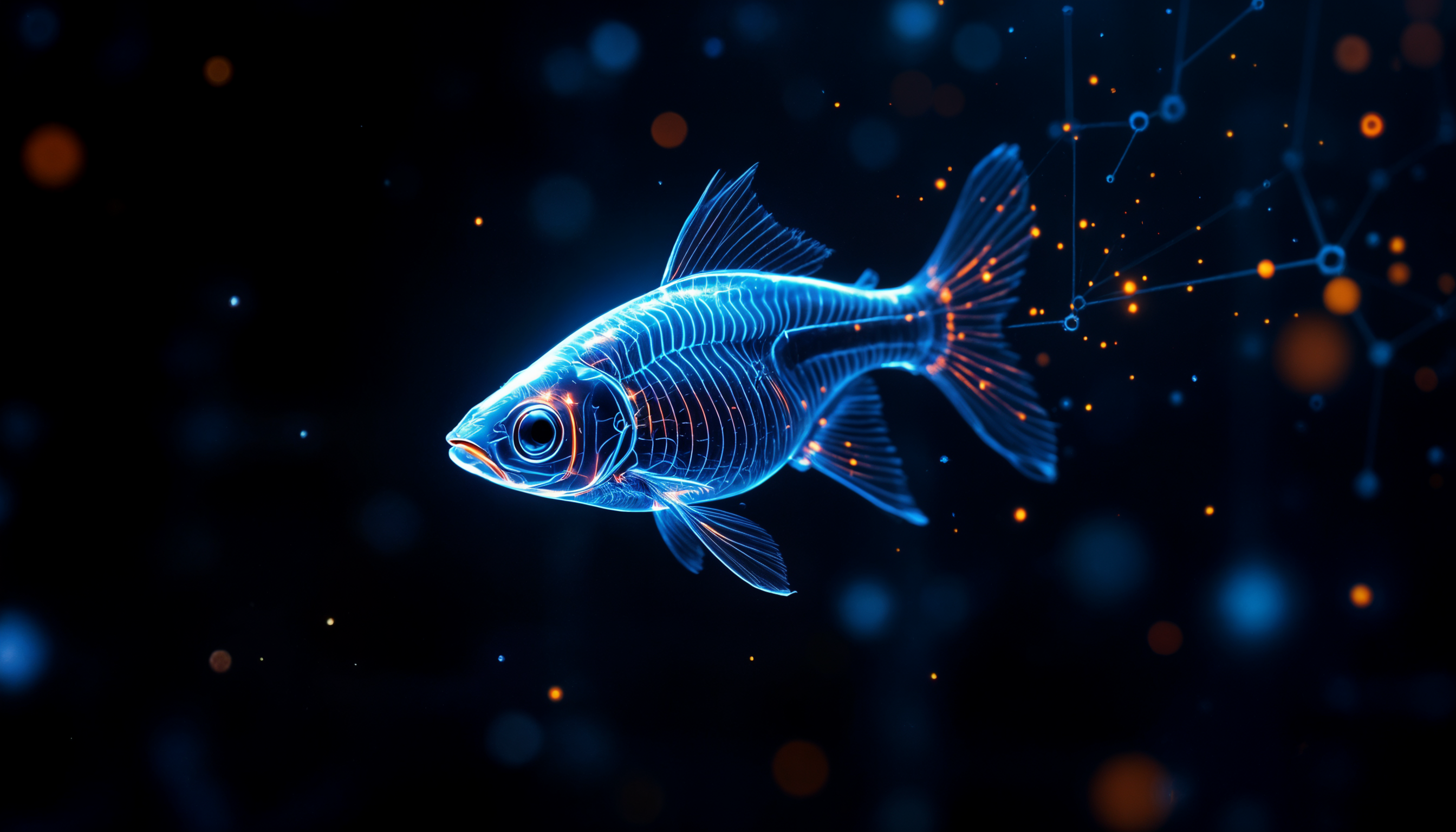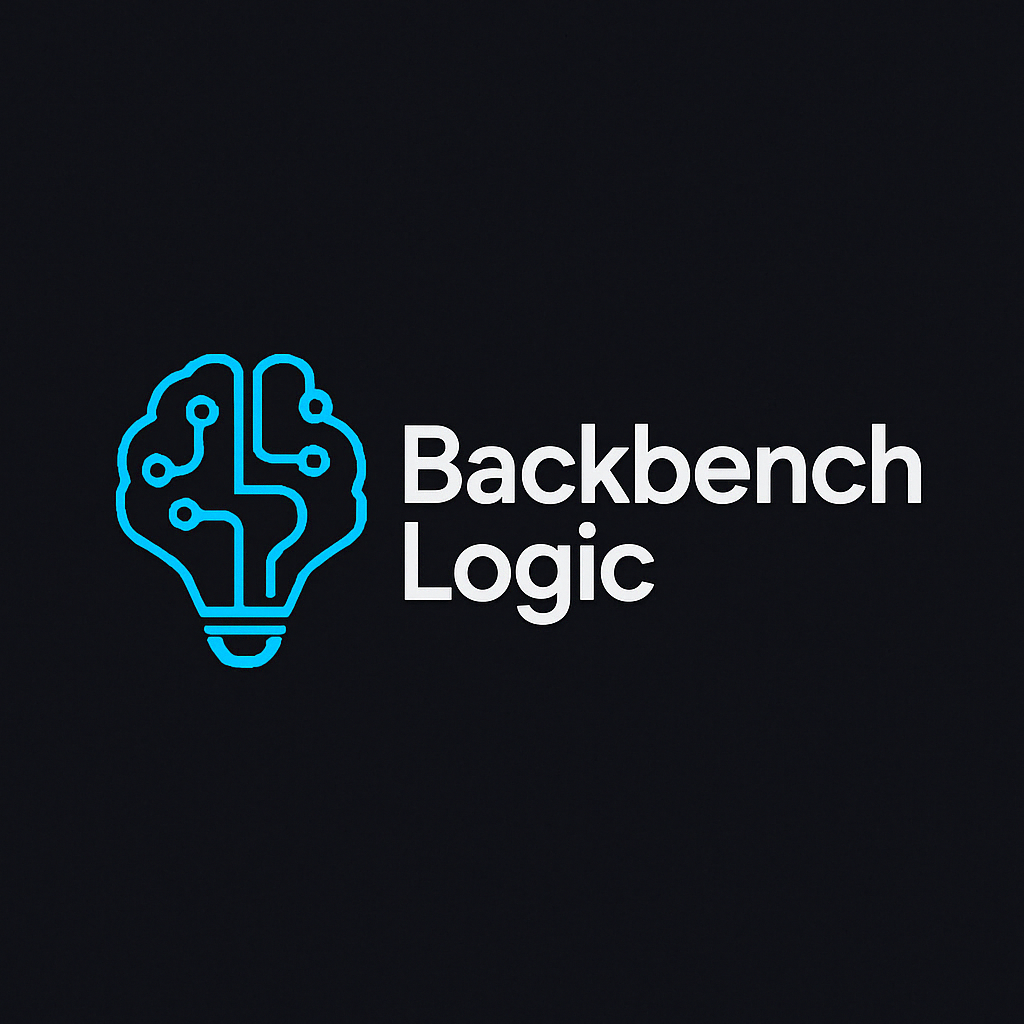ZapBench: How Google is Studying Zebrafish Brains to Build Smarter AI

Context: Zebrafish, ZapBench & Brainy Ambitions
Google Research’s Brain Team just introduced ZapBench—an open-source benchmark designed to test how well AI models can analyze real neural recordings, specifically from larval zebrafish.
This isn’t some quirky side project. It’s a serious move to bridge AI and neuroscience, pushing machine learning models to actually predict biological brain activity instead of just recognizing cats or crafting emails.
What’s New
Here’s what makes ZapBench fascinating:
- It uses real neural recordings from zebrafish—capturing thousands of neurons firing as the fish react to visual stimuli.
- It challenges AI models to predict how brains respond to new situations, not just recognize past patterns.
- It’s open-source, inviting the global research community to benchmark, compete, and iterate.
Zebrafish are a goldmine for this kind of study: their brains are tiny, transparent, and surprisingly complex, making them ideal for large-scale neural mapping.
Somewhere out there, a zebrafish just unintentionally contributed to better AI for all of us. Respect.
Why It Matters
This isn’t just about building better models. ZapBench has the potential to:
- Accelerate the development of brain-inspired AI—models that think more like living brains.
- Advance neuroscience itself, helping us decode how biological systems actually compute.
- Push open science in a field that desperately needs reproducible, transparent benchmarks (not just private leaderboard chest-thumping).
It’s the kind of cross-pollination between disciplines that could redefine how we approach intelligence—both synthetic and biological.
My Take
I love moves like this. It’s not about AI copying human text or art better—it’s about AI learning from nature’s own neural hardware.
But here’s the real wildcard: If AI models can start understanding, predicting, or even imitating biological cognition, we might need to rethink what “smart” even means.
For now, ZapBench feels like a healthy pivot—less hype, more science.
Next Up…
I’m curious—if AI starts learning from real brains, will it eventually learn their quirks too? That’s a thought for another cold coffee session.
Logged at 1:58 a.m. Cold coffee on the desk. Brain in zebrafish mode.
—Karan, figuring it out live.

Leave a Comment
What did you think of today's topic breakdown or the topic overall?
You must be logged in to post a comment.